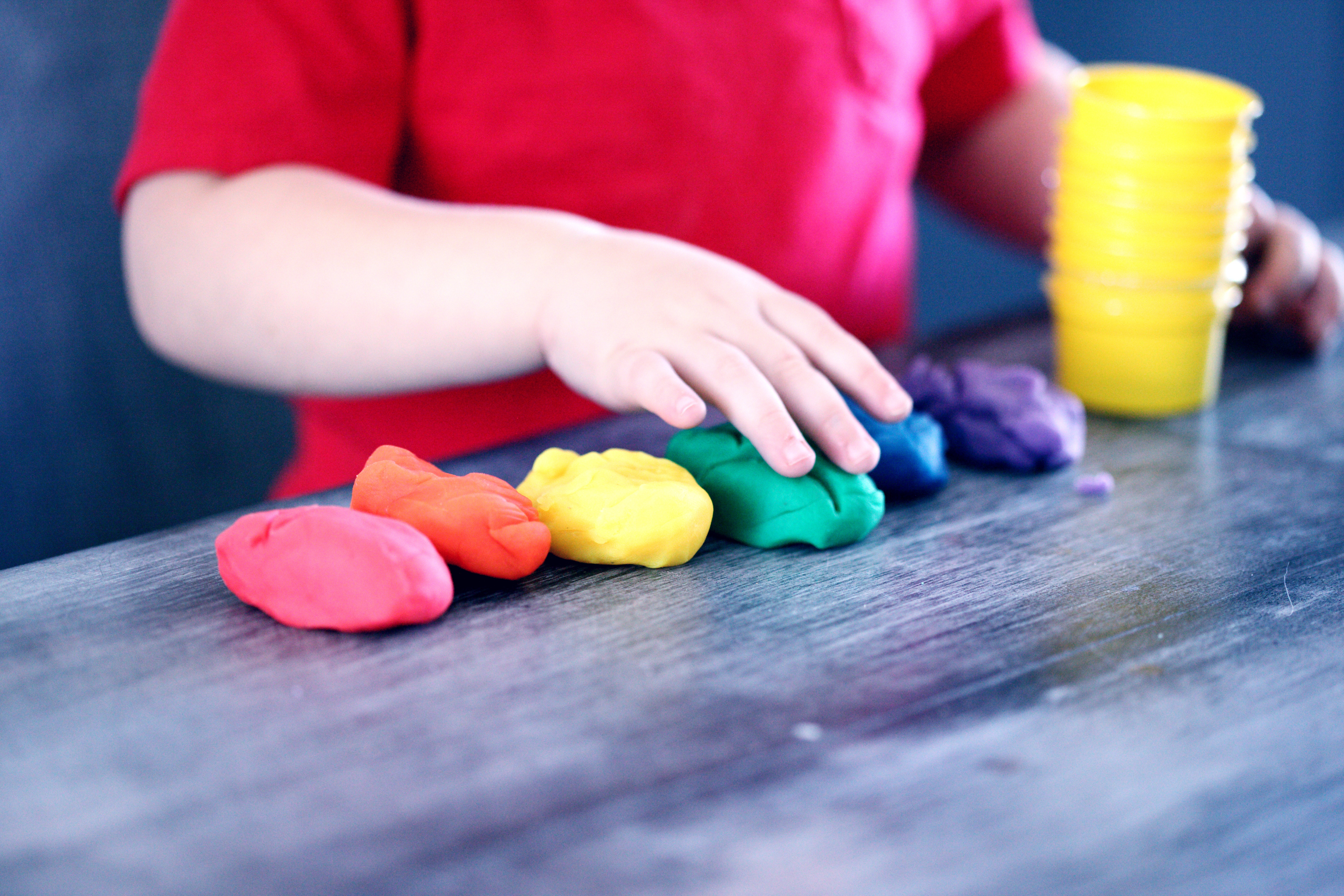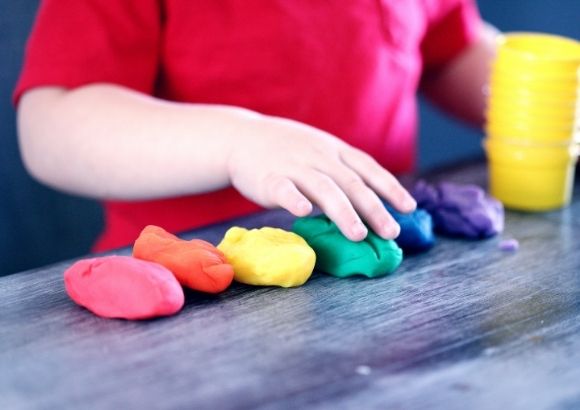Why early childhood development matters
Published by SchoolAdvisor | Nov 23, 2020
Ask any parent or child specialist, and they’ll tell you that the most important part of a child’s development happens in the earlier years – specifically from birth to the age of 8. However, what does this mean? And how would this vital stage affect his or her growth later in life?
During the early years of a child’s life, he or she undergoes significant physical, socio-emotional, cognitive growth and motor development. Valuable skills that a child will learn during this phase include (but aren’t limited to):
- Reading and writing words and sentences
- Understanding the concept of numbers, space, shapes, and measurements
- Forming relationships with other people
- Exploring and using tools to express themselves or to achieve goals
- Crawling, walking, running
Parents and caregivers play an invaluable role in a child’s early development. A child’s brain is wired by experiences, which in turn influences perceptions. Therefore, a safe, loving environment filled with positive interactions sets the stage for a happy, healthy child. The child will come to be comfortable relying on the caregiver for help and guidance and learn new things quicker.
Children should have:
- A multifaceted parent-child relationship
- At least one parental figure who is loving and nurturing
- A predictable adult environment
- A supportive extended family and community
Children brought up in these circumstances are also likely to have good constructive skills, more personal attributes and have higher odds of a better future with lifelong relationships and learning.
On the other hand, a study in 2013 titled The Negative Effects of Instability on Child Development: A Research Synthesis stated that children brought up in an impaired environment are more likely to have:
- Poorer health
- Negative academic outcomes
- Weaker vocabulary skills
- Poor social skills
- Negative or delinquent behavioural tendencies
With that in mind, it’s necessary for parents and caregivers to know what a child needs when they’re at that tender age, and more importantly, how to provide it.
- Play
Children learn and explore the world through play. By playing with toys and with other people, babies and toddlers learn how to use tools, understand shapes and volumes (like stacking cups and blocks according to size), as well as how to express themselves better.
To enrich a child’s play, parents can buy toys that challenge a child’s knowledge and creativity, such as doughnut stacking according to size, or simple puzzles. Parents can also join the child playing, adding to the fun and boosting the relationship between parent and child.
- Support
With supportive parents or caregivers around, a child who stumbles in her attempt at walking or finding problems stacking cups will know that she can rely on her caregiver to help her out, as well as cheer her with every milestone. Children with supportive parents have emotionally secure attachments and will learn to make positive relationships with others.
It is recommended for parents to constantly hold their child to foster security and attachment. Always vocalise your support as your children explore the world around them and talk to your child even on simple things so that they may be reassured by your voice and company.
- A safe environment
When a household is dominated by stress, children feel it too. Stress affects children at a neural level, influencing their perceptions on the world and how they should respond to it. In order to thrive, it’s recommended for children to be in a stable environment where they can feel safe and happy.
The first step in creating such an environment for your child is to let them know that they’re loved. Display affection to your child and make time to bond with them. Also encourage positive interactions among family members in the house.
A child’s early development is one of the most important stages of his or her life. What the child learns during this period may well follow them into adulthood, and it takes not one, but the entire family to raise a child right.

